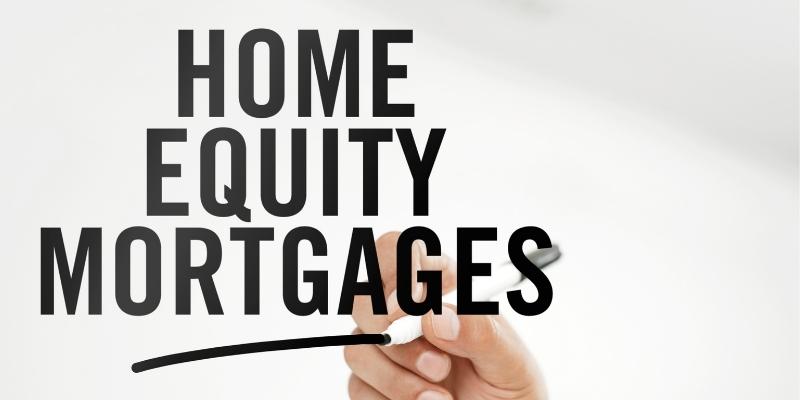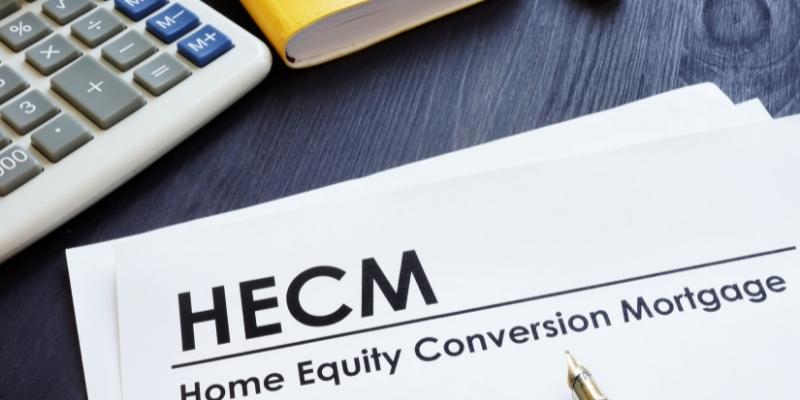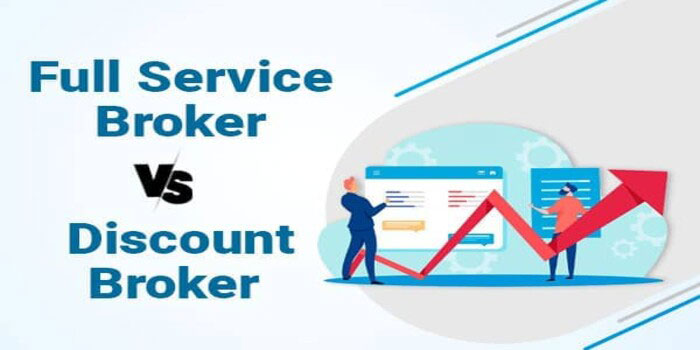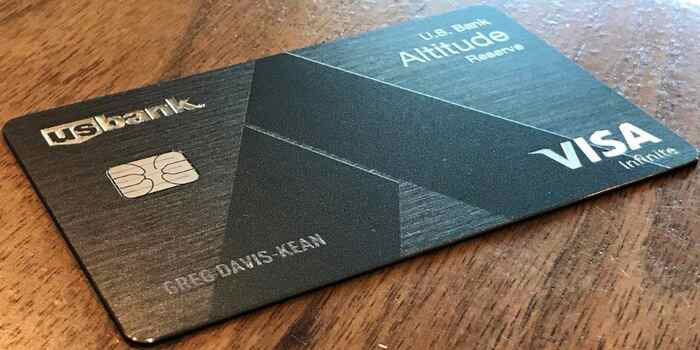It's possible that if you retire, your income and savings won't be enough to cover your living expenses. It is something to keep in mind. Suppose you need additional funds for unforeseen medical expenditures. In that case, for critical home repairs or a trip that you've been looking forward to taking for a very long time, a home equity conversion mortgage (HECM) can be the financial instrument you've been searching for.
The Home Equity Conversion Mortgage (HECM), more often known as a reverse mortgage, was designed by the Federal Housing Administration (FHA) expressly for retirees and other low-income homeowners over the age of 62. It is also known as the Home Equity Conversion Mortgage.
If borrowers satisfy the requirements, they may be eligible to take out a loan against the property's equity to pay for their living expenses during retirement. As a result, a home equity conversion mortgage (HECM) could be an extremely useful tool for you to utilize if you already have a sizeable amount of home equity and want to increase the amount you bring in during your retirement years.

What Is Home Equity Conversion Mortgage?
A home equity conversion mortgage (HECM), also commonly referred to as a reverse annuity mortgage, is the form of reverse mortgage insured by the Federal Housing Administration (FHA). Home equity conversion mortgages are a good choice for senior citizens who want to cash in on the equity in their homes because the loan amounts are determined by an analysis of the property's current market value.
It makes home equity conversion mortgages a realistic alternative for seniors. In addition, borrowers need to be at least 62 years old because this program was developed specifically for senior citizens. The borrower will pay interest on the outstanding balance of such loans, but the borrower will not make any payments toward the principal sum of the loan.
The total amount of the loan is not due to either the borrower passing away or the property used as collateral being sold. The service fees and closing charges associated with a loan will continue to be charged to the borrower during the duration of the loan.

How HECM Works?
One type of home-equity loan known as a "reverse mortgage" is the Home Equity Conversion Mortgage. Compared to a regular mortgage, a reverse one is essentially the antithesis. In other words, you can acquire a loan or line of credit based on the value of your home without having to sell it or take on any additional debt.
It's similar to a home equity loan or line of credit (HELOC) (HELOC). In contrast to standard loans, reverse mortgages do not require regular repayment. Instead, the entire loan sum is due earlier in the homeowner's death or the sale of the home. Only HECMs issued by lenders approved by the Department of Housing and Urban Development (HUD) are federally insured.
In the case of HECMs, distributions might be issued as a fixed monthly payment, a combination of the two, or a line of credit. A HECM is one of three distinct varieties of reverse mortgages. The other types are proprietary reverse mortgages and those with a specific use.
State and local governments sometimes issue single-use reverse mortgages. Reverse mortgages that are privately owned are known as proprietary loans. Always remember that if you opt for a HECM, your property will be the loan's security.
What Are The Eligibility Requirements Of HECM?
- Before applying for a HECM, you must consult with a reverse mortgage counselor approved by the Department of Housing and Urban Development (HUD). A reverse mortgage consultant can explain the process and charges involved. Loan applicants will be counseled to ensure they are confident in their ability to repay the loan and have a thorough grasp of the terms.
- For the duration of the HECM, you must make your home your principal residence. Homes used primarily as vacation retreats or as rental units are ineligible.
- Our Equity Elite product requires some states' youngest borrowers to be 62 or 60. Home Equity Conversion Mortgage (HECM) reverse mortgages typically provide larger sums of money to older borrowers.
- Homeownership or at least fifty percent equity is required. You may still be qualified for a HECM reverse mortgage even if you still have a mortgage balance. Your current mortgage and any other qualifying liens would have to be paid off in full before you could use the reverse mortgage proceeds for anything else. One way to increase monthly money is to get a reverse mortgage and use the proceeds to pay down existing debts.
Some Benefits and Drawbacks Of HECM
Reverse mortgages provide some risk because the loan sum must be repaid, but they allow homeowners 62 and older to convert the home's equity into cash. In addition, a HECM can be a welcome addition to the retirement funds of older Americans who rely only on a fixed income source such as Social Security or whose home is their main asset.
Those concerned about outliving their retirement funds or who have none may find this a helpful resource. One of the advantages of a HECM is that it is the only type of reverse mortgage insured by the federal government. In addition, HECMs typically have more competitive interest rates. There is less chance that you will default on this loan because you do not have to make regular payments.
Conclusion:
There are several varieties of reverse mortgages, just one of which is a HECM. However, despite its drawbacks, it can potentially improve the standard of living for retirees by providing them with a source of supplemental income throughout their golden years.
But before jumping into a HECM or another reverse mortgage, it's important to consider it seriously. After all, closing costs could be substantial, and you'll have to pay off the loan either when you sell your house or die away. Make sure you're making an informed decision by carefully considering your retirement income possibilities.




